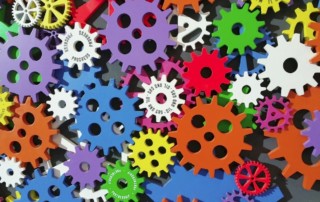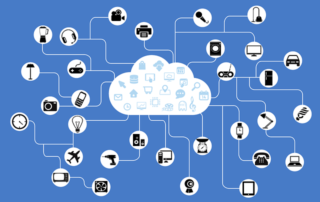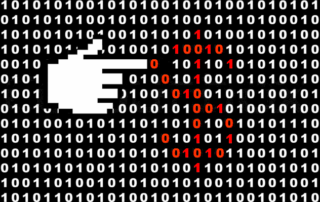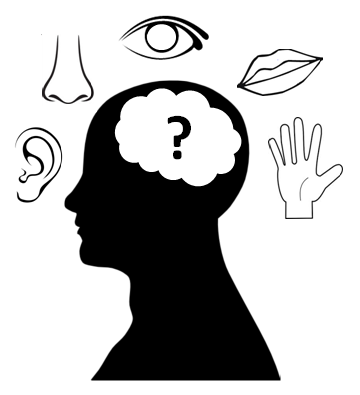The Secrecy Effect
Advertisers often depict their products being consumed in a social setting, but increasingly they also depict people secretly consuming their products. Will consumers like a product more if they are prompted to consume it in secret? New research explores this question, finding that prompting women to think about consuming products in secret has an impact, not only on product evaluations, but also on behavior and willingness to pay for those products. The authors refer to this effect as the “secrecy effect.”











